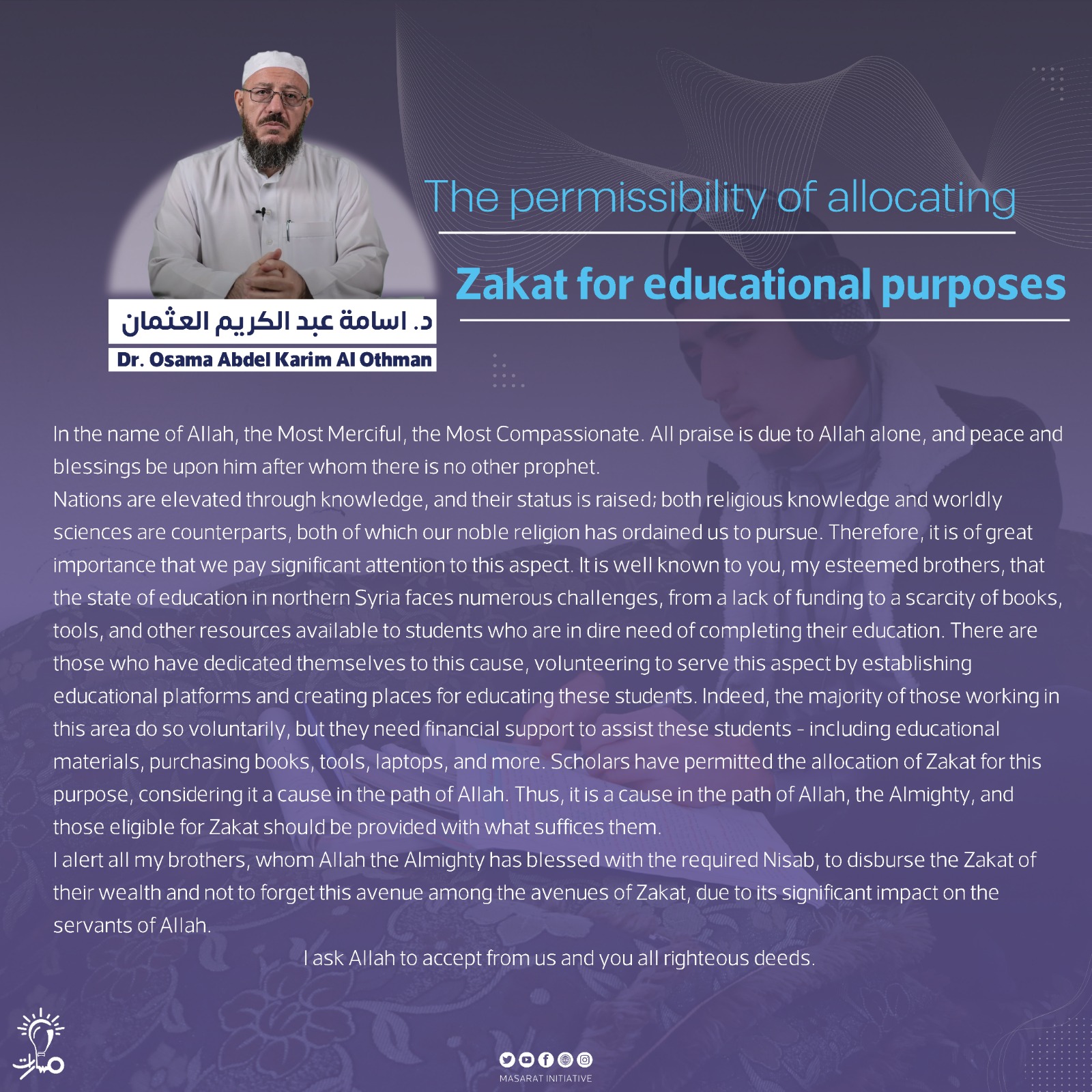The role of zakat in enhancing social solidarity and supporting needy groups, especially concerning grains and wheat, which are fundamental for food security and community stability, is undeniable. From this perspective, understanding the rules of zakat on these resources is crucial, not only as a religious obligation but also as a necessity to ensure fair and effective wealth distribution.
Today’s article will discuss the religious and social foundations of wheat and grain zakat and will explain how to properly perform it in accordance with Islamic law.
The Ruling on Wheat and Grain Zakat
Most jurists agree on the necessity of disbursing zakat at a rate of 10% for wheat, barley, and other consumable grains if the land is irrigated by rainwater or rivers, and 5% for lands irrigated by machinery, provided that the amount reaches the nisab threshold of 650 kilograms.
This is based on the Quranic verse: “O you who have believed, spend from the good things which you have earned and from that which We have produced for you from the earth.”
The Nisab Threshold for Wheat and Grain Zakat
Zakat on grain is measured in volume and is obligatory when the amount reaches five wasqs, based on the hadith of the Prophet Muhammad, peace be upon him, who said: There is no zakat on less than five wasqs of dates or grains.
A wasq is sixty sa’ (plural: sa’a), and a sa’ is four mudds. The mudd defined by scholars is the average fill of two hands not clenched or spread out, currently equivalent to 612 kilograms.
How to Calculate Wheat and Grain Zakat?
The amount of zakat on wheat varies depending on the irrigation method. If irrigation is cost-free, the zakat is 10%, becoming half of that, 5%, if there is a cost and irrigation is done by machinery. However, the full tenth is given out of caution and to clear one’s conscience.
Masarat initiative for Education and Vocational Training for Displaced People in Syria
Masarat initiative is a free humanitarian educational program aimed at spreading knowledge among Syrian students suffering from the pains of displacement and learning difficulties due to daily challenges. Therefore, the initiative believes that offering them online education is the most suitable option for them.
Thus, your zakat contribution supports the spread of knowledge and education among our displaced children.
Frequently Asked Questions About Zakat on Grains and Wheat
Should Zakat be given from the best of the produce or from the average?
Zakat on wheat should be given from the best types because Zakat is a form of worship intended to seek the pleasure of Allah Almighty. As mentioned in the noble verse, “O you who have believed, spend from the good things which you have earned and from what We have produced for you from the earth. And do not aim toward the defective therefrom, spending [from that] while you would not take it [yourself] except with closed eyes. And know that Allah is Free of need and Praiseworthy.”
However, if the quality of wheat varies, it is better to give Zakat from the average quality.
Is it permissible to give Zakat on crops to a single person?
Indeed, it is permissible based on what the giver sees as suitable for the needs and benefits of the poor, provided that the recipients meet the criteria for Zakat eligibility.
What is the ruling on someone in debt? Should they give Zakat on crops? Does debt prevent Zakat?
According to the Shafi’i school of thought, debt does not prevent the giving of Zakat. It is recommended to give Zakat from crops upon reaching the Nisab (minimum amount for Zakat eligibility) following the Sunnah of the Prophet, which emphasizes the importance of Zakat as a means of purifying one’s wealth regardless of the debts owed by the giver.
Is it permissible to give Zakat on crops in money if one forgets to give it in the form of crops?
Giving Zakat on crops in the form of money is acceptable and beneficial for the needy, as it allows them to meet their financial obligations easily. However, the basic principle followed is to give it from the crop itself, according to the consensus of most Islamic juristic schools.







